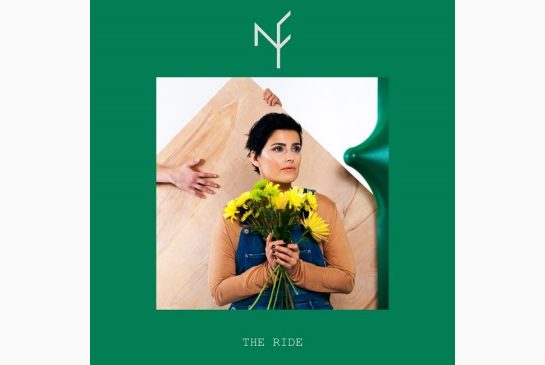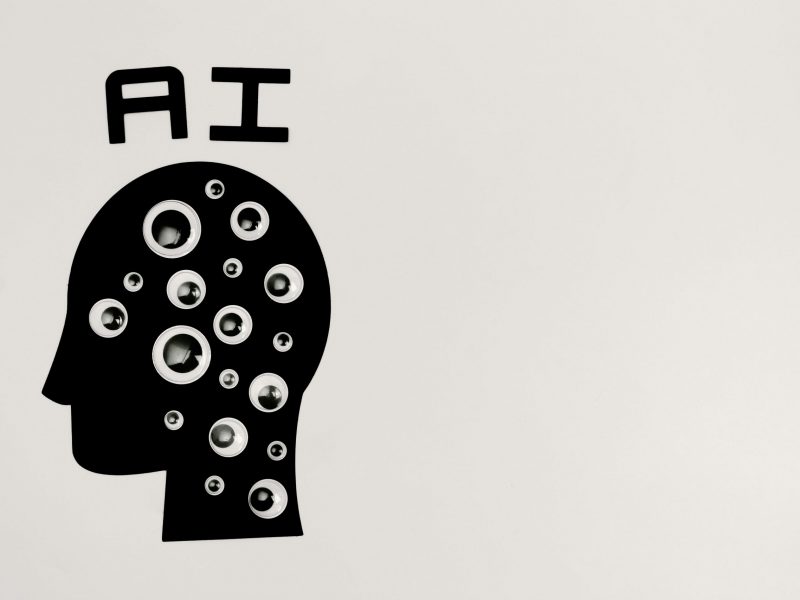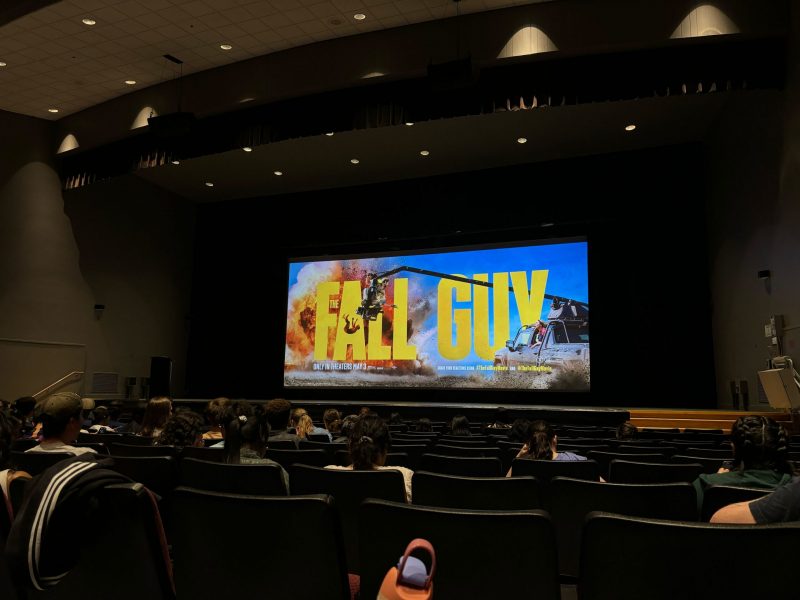When I told my roommate that I was reviewing Nelly Furtado’s new album, she responded with a concerned look on her face.
“She’s still making music?”
Even after 21 years active in the music industry, the singer still struggles to solidify her sound, crossing over genres like pop, R&B and rock with every successive release. But on her sixth studio album, The Ride, Furtado returns to her indie roots, forcing the world to pay attention to her with a work that balances unrestrained synth-pop song structures with meaningful lyricism.
It’s been a while since we’ve heard from her. The 38-year-old singer took a five-year hiatus from music after her last album, The Spirit Indestructible, failed to spawn sultry bangers to match the commercial success of 2006’s Loose. Unlike her previous album, The Ride does not boast an extensive production team or a prestigious record label. Instead, the independently released album takes cues from producer John Congleton, whose talent is best showcased on tracks where Furtado’s inimitable vocals are matched with off-kilter melodies that evoke feelings of self-discovery, nostalgia and pain.
While the album’s opening track does little to demonstrate Furtado’s growth and only highlights the singer’s sometimes nasally vocals, the release only improves from its inception. On “Flatline,” Furtado equates the loss of a loved one with the loss of her vital signs. Her reminders of the void left by her lover are matched with colorful beats that uplift the song. While not the best example of Furtado’s imaginative lyricism, the song asserts the singer’s confidence early on the release, as the track engages its listeners with its atypical structure, empowering them despite its themes of loss.
Capturing Furtado’s philosophy for self-improvement, the release shows versatility and cohesiveness, as the brilliant moments on the 12-track album are found between songs that rely on everything from accordions to synthesizers. Calling the release her “hangover album,” Furtado returns to music with an uncompromising attitude, ready to deal with the daily stressors of life.
The songs, embellished with sequencers and exuberant sound effects, demonstrate her ability to create powerful electronic music without tiptoeing into disarray. On “Paris Sun,” Furtado tries to convince her lover to run away to a different lifetime, amplifying the song’s appearance as a funky and above all, futuristic anthem suitable for intergalactic travel. “Sticks and Stones,” displays more tender vocals, as its surging chorus mirrors the electronic ambience of artists like M83 and Passion Pit.
The album, filled with weirdness and surprises at every turn, won’t bring back Furtado’s mainstream appeal. But this doesn’t really matter, as the singer succeeds in producing an unequivocal sound after five years spent cultivating a life outside of music. Furtado’s push for anomalous rhythms on The Ride demonstrates a heightened creativity since her departure from the public eye, an improvement that should be sustained rather than traded in for mainstream sales.




